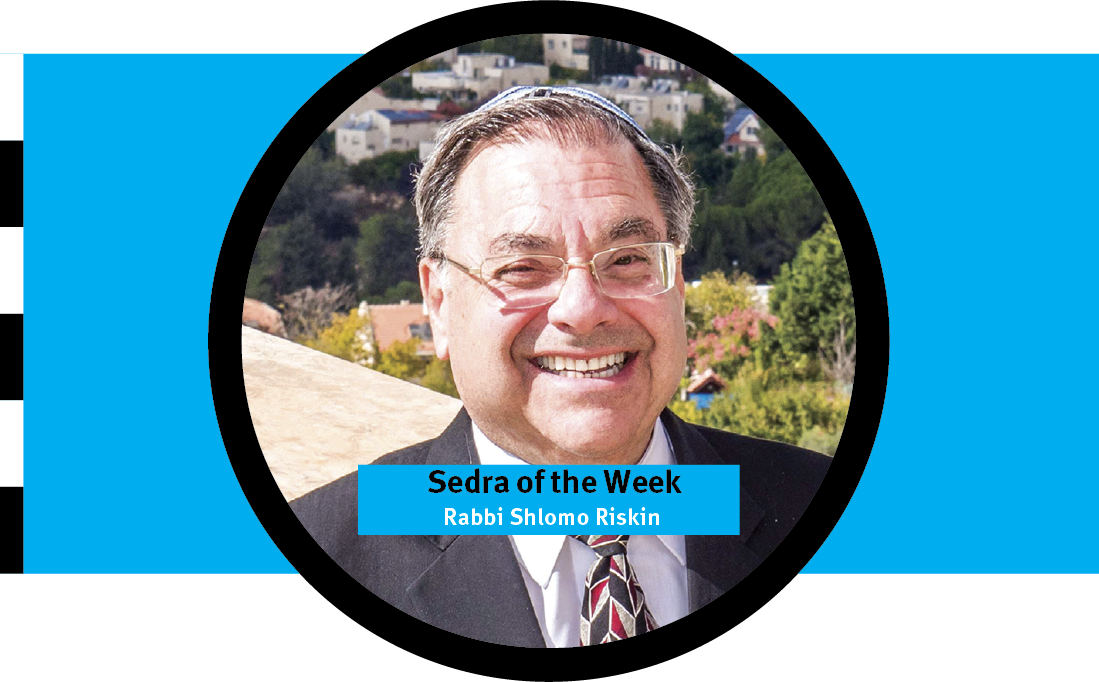Efrat, Israel – The Lord said to Moses, ‘Why do you cry out to me? […]
Category: Sedra
Parshat Metzorah – Leviticus 14:1 – 15:33
Efrat, Israel – The Lord spoke to Moses and to Aaron saying,“When you come into […]
Parshat Tazria – Leviticus 12:1-13:59
Efrat, Israel – If a woman has conceived seed and born a male child: then […]
Parshat Shemini – Leviticus 9:1-11:47
Efrat, Israel – And Nadav and Avihu, the sons of Aaron, each took his censer, […]
Parshat Tzav – Leviticus 6:1-8:36
Efrat, Israel – And the Lord spoke to Moses saying: ‘Command Aaron and his sons, […]
Parshat Vayikra — Leviticus 1:1–5:26
Efrat, Israel – Speak unto the children of Israel and say unto them: When any […]
Parshat Pekudei – Exodus 38:21 – 40:38
Efrat, Israel – And he set the laver between the Tent of the Meeting and […]
Parshat Vayakhel – Exodus 35: 1–38:20
Efrat, Israel — And Moses assembled [vayak-hel] all of the congregation of the children of […]
Parshat Ki Tisa – Exodus 30:11 – 34:35
Efrat, Israel – And G_D spoke unto Moses: Take unto you sweet spices, stacte [nataf […]
Parshat Tetzaveh – Exodus 27:20 – 30:10
Efrat, Israel – And you shall command the children of Israel… And you shall bring […]


